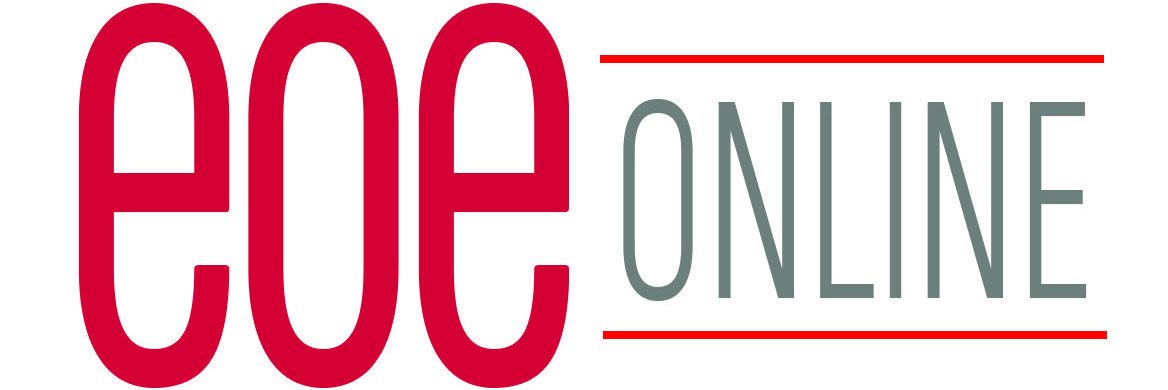
What Is Equal Employment Opportunity?
Equal Employment Opportunity (EEO) refers to the principle that all individuals should have equal access to employment opportunities based on their qualifications, abilities, and experience, without discrimination. It is a legal and ethical framework designed to ensure fairness in hiring, promotion, and other workplace practices.
The Equal Employment Opportunity Act of 1972 was passed as an amendment to the Civil Rights Act of 1964. It expanded the scope of EEO protections to prohibit discrimination based on gender and granted the Equal Employment Opportunity Commission (EEOC) additional enforcement authority.
Key aspects of EEO include:
- Non-Discrimination: Employers cannot discriminate against employees or job applicants based on race, color, religion, sex, national origin, age, disability, or genetic information.
- Fair Treatment: All employees should be treated fairly in terms of wages, working conditions, and opportunities for advancement.
- Legal Compliance: EEO is enforced by various laws and regulations, including the Civil Rights Act, the Americans with Disabilities Act, the Age Discrimination in Employment Act, and others. The Equal Employment Opportunity Commission (EEOC) is the federal agency responsible for enforcing these laws.
- Inclusivity: EEO promotes a diverse and inclusive workplace where different perspectives and backgrounds are valued.
Employers are encouraged to implement EEO policies and training programs to ensure compliance and foster a fair work environment. This includes conducting regular reviews of hiring practices, providing accommodations for disabilities, and addressing any complaints of discrimination promptly and effectively.
To read this article in its entirety at wellhub.com, click here.
